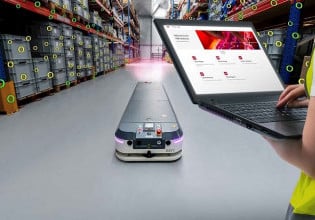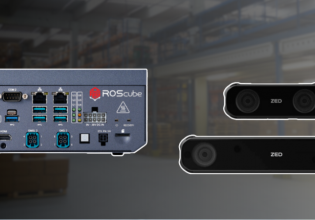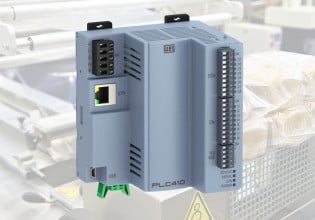G
I believe that the events of last week clearly demonstrate the need (which until now was always seen as very minimal) for security in ALL
the systems that we set up, including industrial automation networks. We should have in place the means to protect our interests: pehaps just a
password, or maybe something more elaborate that can be altered at a moments notice, thereby rendering acts of sabotage more difficult.
Hmmm.....let see....wasnt there a menu somewhere in RSLogix concerning security.......I guess there will be a lot of these type of questions in
the near future.
Gerald Beaudoin
the systems that we set up, including industrial automation networks. We should have in place the means to protect our interests: pehaps just a
password, or maybe something more elaborate that can be altered at a moments notice, thereby rendering acts of sabotage more difficult.
Hmmm.....let see....wasnt there a menu somewhere in RSLogix concerning security.......I guess there will be a lot of these type of questions in
the near future.
Gerald Beaudoin






